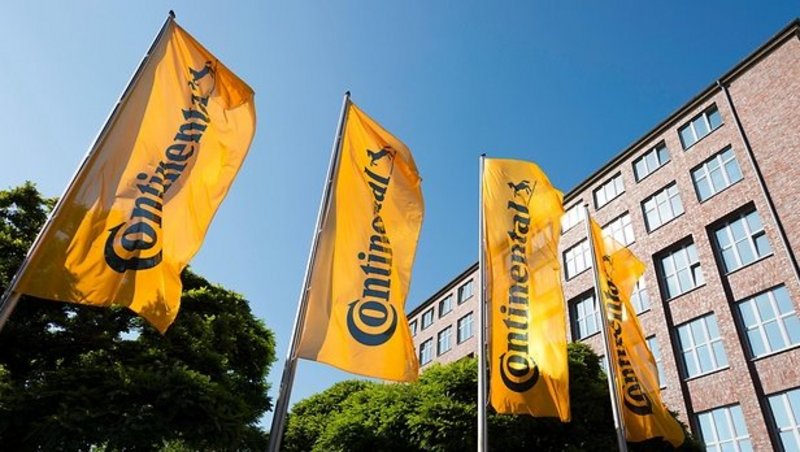Smart Cities: Continental Invests in Urban Software Institute GmbH
- Continental cooperates with Urban Software Institute GmbH
- The technology company is taking over the advisory board for car applications and becoming a strategic automotive partner
- Interconnectivity between city and vehicle is the key to an attractive urban environment
- Towards an intelligent transportation system: The vehicle fleet becomes an urban planner and supports the development of eHorizon
Munich/Chemnitz, 10 January 2017. To contribute to the development of a “smart city” and intelligent transportation systems, international technology company Continental cooperates with the Urban Software Institute ( [ui!] - the urban institute® ). As such, Continental is also taking over the advisory board for car applications and becoming a strategic automotive partner, mainly to address issues related to “infrastructure data for vehicles.”
“With increasing urbanization, intelligent traffic planning and control is becoming increasingly important for drivers and cities. The interconnectivity between city and vehicle is therefore the key to an attractive urban environment in the future. We look forward to developing this interconnectivity together with the Urban Institute,” explains Ralf Lenninger, manager of the Intelligent Transportation Systems business unit at Continental. “Progress is being made in the digitalization of urban infrastructures. The urban data generated in the process is very interesting for many new mobile services and business models,” explains Professor Lutz Heuser, co-founder and general manager of Urban Software Institute GmbH.
In 2012, the Urban Software Institute was founded with the aim of assisting cities around the world with digitalization. With [ui!] UrbanPulse, the Urban Software Institute has developed one of the leading open data platforms designed specifically for cities and municipalities that makes it possible to collect and aggregate data from the various infrastructures of a city.
Innovative business models are used to create and operate new services on the basis of standardized interfaces for smart applications, including those for the traffic sector.
With [ui!] UrbanPulse, the Urban Software Institute has developed a data platform that allows us to develop applications that make it more comfortable and, in particular, more efficient to move vehicles through the city and make urban mobility more sustainable,” says Lenninger.
Vehicle fleets become urban planners
A specific application of networked city and interconnected vehicle is in developing Continental’s eHorizon (electronic horizon). eHorizon turns vehicles into both recipients and senders of anonymous traffic data. This enables drivers and vehicle electronics to benefit directly from real-time traffic and traffic light data.
A first test project where live traffic light data is made available to drivers is already under way in Darmstadt, Germany. In the connected Energy Management (cEM) project, Continental and the city of Las Vegas tested how traffic light data makes vehicles more efficient and subsequently presented the results at the 2016 Consumer Electronics Show.
By the same token, individual vehicles and especially vehicles in a fleet can also become important data sources for the city. Purely anonymous data such as position and average speed can help cities optimize traffic light phases in real-time. This can be used to improve the flow of traffic at peak times and help emergency vehicles reach their destinations more quickly. Detailed statistical data on vehicle flows can even help urban planners to determine requirements for main roads, industrial and residential areas and optimize their planning.
By taking over the advisory board for car applications at the Urban Institute, Continental will utilize its extensive expertise in car electronics and interconnectivity to streamline the requirements between automotive technology and urban applications and services.

Eva Appold
Head of Communications
Continental Automotive
